The Benefit of Straight Talk with Teens
How Sexual Assault Awareness Begins with Self-Awareness
When responding to social problems, pointing fingers at ourselves or others never gets us far. We end up bitter and closed-minded, unable to see past the tip of our finger, and no better than where we started. But that’s what most humans do, especially in a polarized culture like ours. In response to fear or pain, we instinctively point the finger.
I’ve been on the receiving end of the finger point on more than one occasion. You can’t take on a social problem like sexual violence among our youth and not receive a few finger wags. The reasons for this vary and, at times, contradict. I’ve been accused of victim-blaming as well as male-bashing. I’ve been told I’m teaching “too much” as well as “too little.” I’ve been told I’m encouraging sexual activity by talking about sex at all. Each time I find myself on the receiving end of these accusations, a great heaviness fills me. Really? In the vast scheme of concerns for today’s young people, we’re going to waste time on whether we should or should not be discussing sex with them?
The global statistics are the best response to that question. The country with the lowest assault rate in the world, Holland, boasts only 7 in 1,000 people (of any age) being victim of assault. The stats in the US are mind-numbing by comparison: 1 in 4 girls and 1 in 6 boys. What is Holland doing that has brought such great success for the safety of their youth? Wait for it…
They talk about sex.
In Holland, they start early and in age-appropriate fashion, normalize the fact that teens will be interested in this most natural aspect of life. An aspect that when experienced at its healthiest, is beautiful beyond measure. Holland also makes it a priority to guide their youth. As a result, safety measures like going out at night in a group and staying together as a group (something we explore at length in BSBW’s class 3) is standard practice. As a result, young people are supported, rather than left alone, during a life stage that is more challenging than ever.
During Sexual Assault Awareness Month, it’s helpful to look beyond our differences for the sake of the young people we are concerned about. We do that by acknowledging that it’s not only possible, but crucial, to discuss prevention without victim-blaming, male-bashing or sex-pushing.
How? We can start by agreeing on a few of the basics:
Every young person is on a journey of self-discovery in a world bombarding them with confusing and often conflicting messages about sex.
Every young person is capable of learning how to trust themselves when it comes to conveying and respecting sexual boundaries.
The more self-awareness a young person has, the greater the confidence in creating and sustaining relationships that work for them.
Sexual assault awareness begins with self-awareness. This includes an understanding of personal sexual readiness, but also communication style, the ability to respect others’ boundaries, and the ability to connect with one’s intuitive signals. These are aspects of personal safety that are not automatic; they must be learned or realized over time through potentially dangerous trial and error.
That’s why we need education. What the wise people of Holland have discovered is in fact available everywhere, even in our own living rooms. Give young people tools for the journey, and it lessens the chance they will have to learn things the hard way, as most of us have.
As a starting point, here are the 5 Tools we focus on in the BSBW Youth Course. Notice that within the definition of each, there is an opportunity for deeper conversation with teens:
Gut Instinct: Do I know what it feels like in my body when my boundaries are threatened? Do I know how to recognize the discomfort of others (through their body language and facial expression) when their boundaries are threatened?
Communication: Do I know how to communicate my boundaries and needs to others? Do I know how to check in if I am unsure that my partner is fully comfortable?
Affect Manipulation: Do I know how to make myself look tough even when I’m nervous?
People Perception: Do I know how to recognize when someone’s behavior toward me and/or others feels “off”?
Common Sense: Do I know how to make choices (like not getting into a car with someone who has been drinking) that best preserve my safety?
These are just a few of the tools young people are introduced to in our course. Students are also given the chance to explore each one of them with their peers, as well as practice through interactive games and role plays. The results thus far have been nothing short of astounding.
If interested in what BSBW is doing to lower sexual misconduct school-wide, empower students with greater confidence, and equip them with the skills needed for creating healthy relationships, check out our curriculum at: https://www.bestrongbewise.com/curriculum

